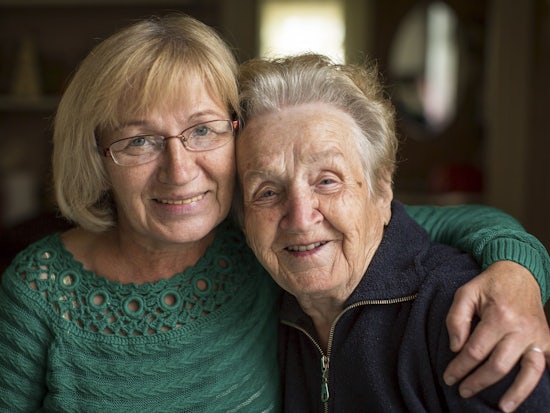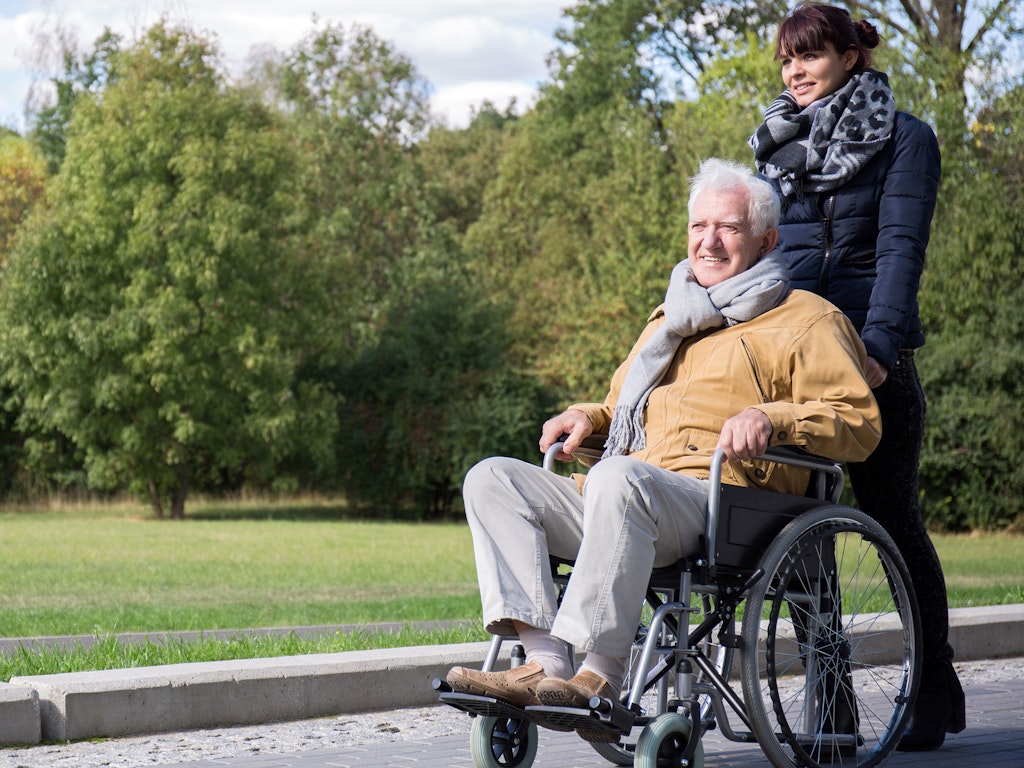Caring for the carer
Around 2.8 million people in Australia provide informal care to an older person or someone with a disability or long-term health condition. That’s a lot of Australians caring for a person they love.

Caring for a loved one is a valuable and rewarding job but it can also be a tough one (Source: Shutterstock)
Caring for a loved one is a valuable and rewarding job but it can also be a tough one; when you’re juggling work, family and friends as well as managing your own emotions, it’s easy to forget about your own wellbeing.
Your health, both mental and physical is important and it is okay to not be okay sometimes. The stress of caring for someone may lead to a reduced immune system, high blood pressure and an increased risk of cardio-vascular disease. Mentally, a carer may experience general feelings of unhappiness and this can lead to depression and anxiety. Taking care of yourself isn’t a luxury, it’s a necessity if you are to continue giving the care your loved one needs. So it is important to recognise when things aren’t going well.
Some factors which may affect your health and wellbeing include:
- Not getting sufficient rest due to other responsibilities or having a disturbed sleep
- Not enough time for yourself because of other responsibilities, such as work and children
- Difficulty in accepting you are now the decision maker and carer, not your parent or spouse
- Coping with changed and challenging behaviours

If you feel you’re not coping or you’re burned out, you must take steps to change the situation to help you maintain your energy and keep you positive when things become challenging. Changes may include:
Get help from family and friends: Have a meeting and organise a care schedule so the onus isn’t always on you.
Use outside help: Research local community programs, home care services or if necessary, look into taking a break for a few days by contacting respite services.
Schedule your down time: This could mean catching up with friends, indulging in a massage or spending a night watching your favourite movie with your family or reading a book in bed.
Eat well: Make sure you have a balanced diet. A poor diet doesn’t just affect you physically, it can also affect you mentally.
Exercise: As well as keeping you physically active, exercise helps you mentally as it releases endorphins, your ‘happy’ hormones. You don’t have to do a major work out at the gym; you’ll get benefits from just a half hour walk too.
Get enough sleep: The National Sleep Foundation recommends between 7-9 hours sleep per night. Studies have also shown a 20-30 minute ‘power’ nap during the day can help to improve mood, alertness and performance.
See your GP: Your GP can monitor your mental and physical health and make referrals to counsellors and services to help you.
Support groups: Many people find sharing their experiences and problems with other people in a similar situation a great help. In addition, because you’re with people who are in a similar situation, local or online support groups can often give you direction or suggest solutions when you’re facing specific issues or challenges.










